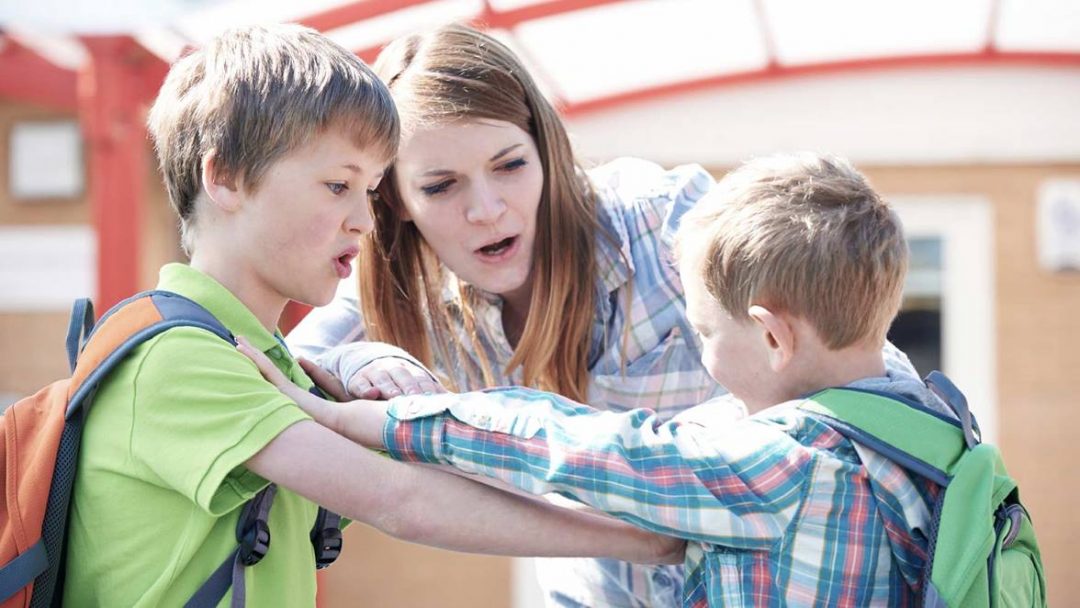How to Say “No” to Unruly Baby Behaviora
Raising tots could be one of the more challenging aspects a parent faces as the child learns to be independent. Initially, moms and dads rejoice about the child learning to do things on his own. At a certain point in time though, problems of assertiveness and the child wanting to take matters in his own hands crop up. The problem of having the child exhibit “proper” behavior is then foremost in the parents’ minds.
I know most of you will agree to the fact that saying “no” to a child will not do any good. The trick is you have to find ways in which you can have the child “agree” with you into doing the right thing. Providing the child with rewards, like treats or stars for good behavior is one thing. But doing these will not necessarily make him do what you “want” him to do. Some parents even go to the extreme of punishing the child for unacceptable behavior thinking that this would teach them a thing or two about good behavior. Unfortunately though, what the child learns here is the reverse: you punish somebody to get what you want.
Even at the early stages of the baby’s development, parents actually have at the back of their minds instilling “discipline” when it comes to their child’s behavior (although most parents would not admit this). It is during these early stages that growth is very rapid and the baby learns to interact with the world around him. His need for independence is such that he will try anything, sometimes to his disadvantage, because he doesn’t have a sense of what is right or wrong for him. This is where discipline comes in.
The dictionary defines Discipline as “the practice of training people to obey rules or a code of behavior, using punishment to correct disobedience.” If you look at the second part of the definition, it says “using punishment to correct disobedience”. Of course, we all know that this is not the only way. The other side of discipline is actually teaching a person to obey certain norms by actually working hand in hand with the person we want to correct: your babies included. What then is the difference? Unlike adults who may easily understand the reasons for obeying certain norms, disciplining tots would have to be determined by their ages, i.e. they definitely cannot do things that adults can do like sitting on a big chair, properly holding their spoon and fork while eating, and so on. Thus to discipline a tot is to guide him in the things that he does, taking into consideration his limitations based on his age.
Another thing to consider while disciplining your child is to minimize the use of negative words like “no”, “do not”, “should not” and such other words that would stop him from doing the things that he wants to do. For adults, these words unconsciously come with a loud voice, shouting, or even an angry face. The more a child sees and hears these, the more he becomes defiant of the adult way of “disciplining”. Offering the child better alternatives for him to be more involved would be better than disallowing him to do his own thing. For example, it is a common thing nowadays that even kids are addicted to the television and spend a sizeable amout of their days watching the tube. Offer to tell him a story, or maybe make him practice on his bike so that he would be able to interact with playmates and improve his social skills.
Have you ever come into a situation when the only thing that you are able to do when at a loss for explanations is to ask your child how he would feel if he is the one at a disadvantage? When it is an argument between you and your child, you can actually tell him how sad you will feel if he insists on having to have his own way. Or you can ask him how his friend might have felt when he shouted back. By showing and explaining to your child the other person’s perspective, there could be a possiility of him having a better understanding of how his unruly behavior could affect others negatively.
Of course, there is no guarantee that everything will end well if you follow these rules even by the book.
There may have to be adjustments made here and there but the important thing is that you try to develop good behavior by working with your kid and not alienating him by punishing him to correct his unruly behavior.



